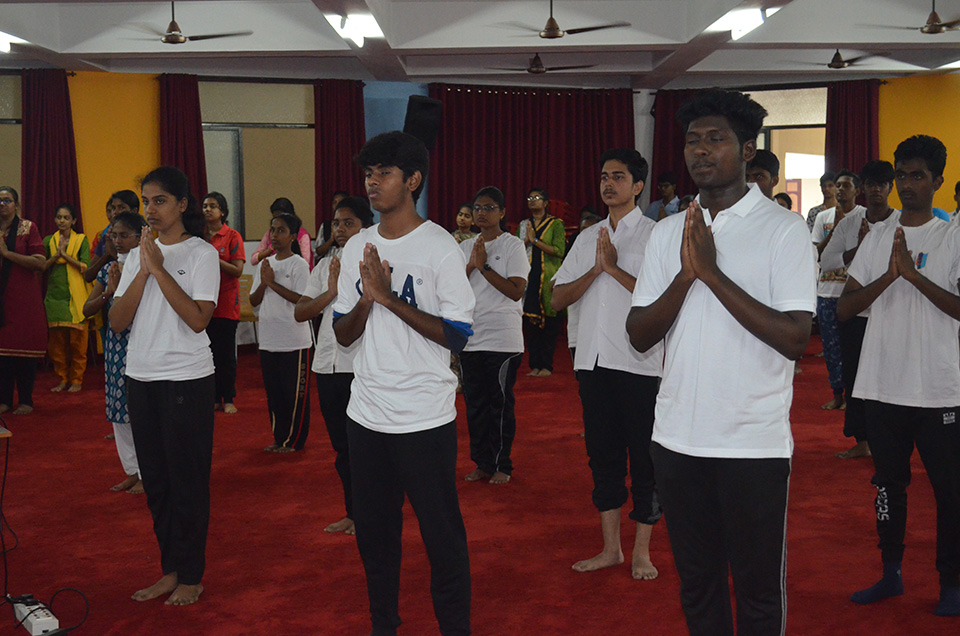Mindfulness & Yoga
Mindfulness & Yoga

Mindfulness means more aware, more alive, and more sensitive. Sensitiveness is different from sensations that accumulate things of enjoyment and dulls the senses. To sharpen sensitivity, the whole work has to be done on your senses, not on things. You have to deepen your feelings, your heart, your eyes, your ears, and your nose. Every sense should be deepened in such a way that it becomes capable of feeling the subtle. When you touch, become the touch. When you see, become the eyes. When you hear, your whole consciousness must come to the ears. Listening to a song, or listening to the birds, become the ears totally and forget everything else. Then, your ears will become more sensitive. The man who finds the divine is the man whose senses are totally alive, to their maximum capacity. Then, it is not only that you can see the divine. You can taste, smell, touch and hear the divine. In other words, you become the experience itself. This is mindfulness.
Mindfulness is a state of active, open attention on the present. When you’re mindful, you observe your thoughts and feelings from a distance, without judging them good or bad. Instead of letting your life pass you by, mindfulness means living in the moment and awakening to experience. Mindfulness is the clear and single-minded awareness of what actually happens to you and in you at the successive moments of perception. Basically, it is keeping your consciousness alive to the present reality. Many people avoid ‘mindfulness training’ because they think that it’s complex and time consuming. You don’t have to set aside time to sit quietly in the lotus posture to practice mindfulness, though it can lead you to deeper levels of mindfulness. You can do it anytime, anywhere like when you are watching television; chatting with a friend; reading a book; listening in the class; taking an exam; musing over some ideas… Being fully present in the moment creates mindfulness no matter what you are doing. To kick-start a state of mindfulness all you have to do is to be aware of your breathing; to be aware of what is going on inside of you; to be aware of what is going on around you. You can use this simple mindfulness technique throughout the day to stay calm, focused, optimistic, and kind. On average, human beings take 20,000 breaths a day. That gives you 20,000 chances every day to kick-start some mindfulness.





